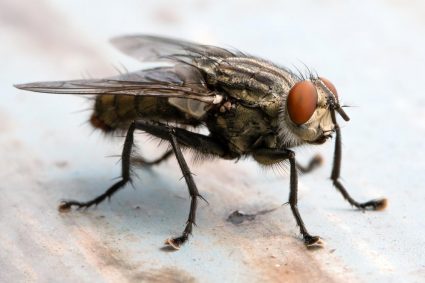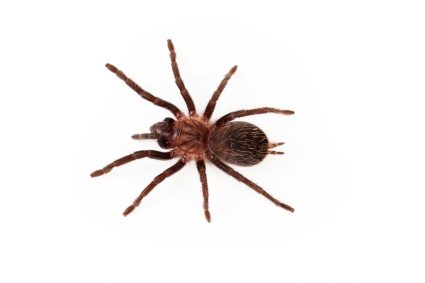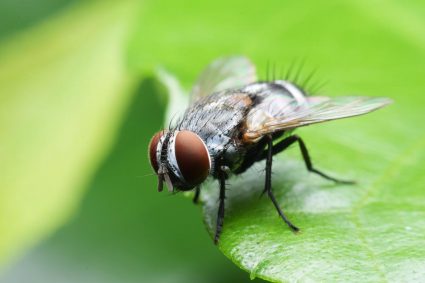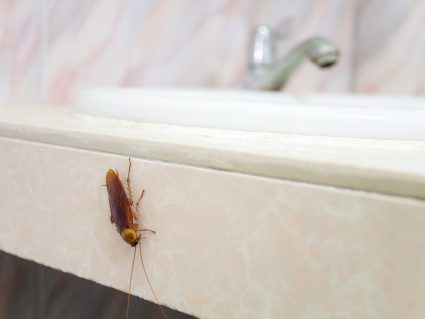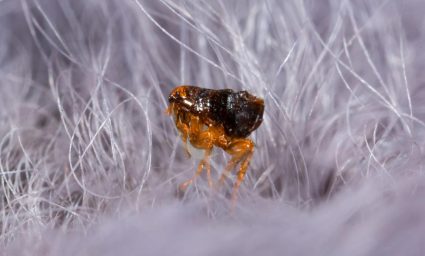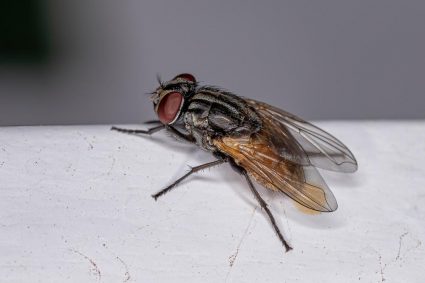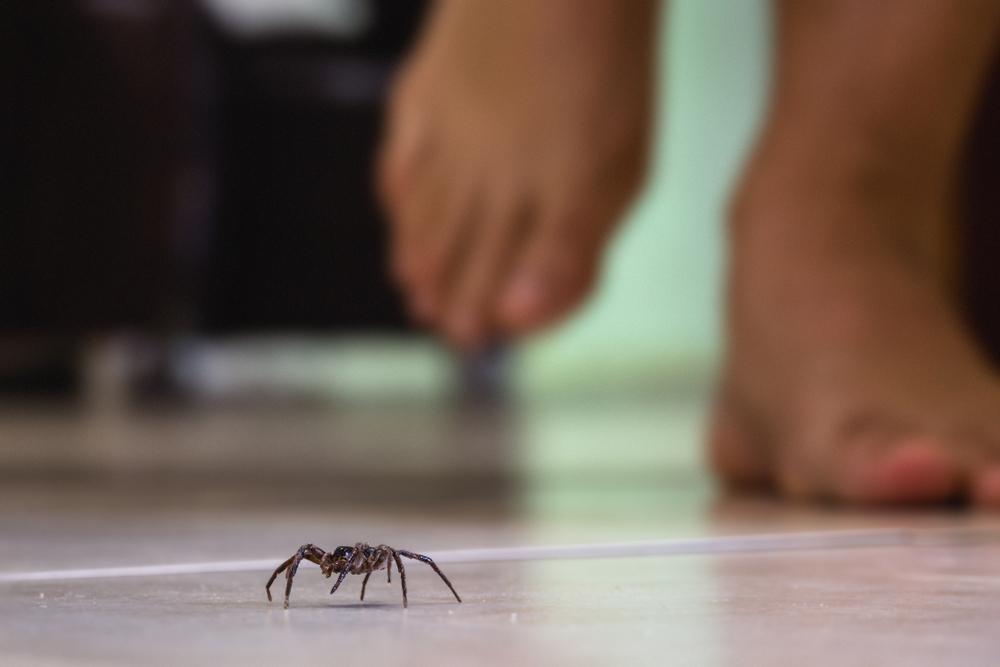
If you’ve ever encountered a spider egg sac in your home or garden, you know how unsettling it can be. Each sac can contain hundreds of spider eggs, ready to hatch and populate your space with more eight-legged inhabitants. Naturally, the first instinct for many is to reach for a can of Raid or other similar insecticides. But does Raid actually kill spider eggs?
Raid, a popular insecticide, is known to be effective in killing adult spiders, however, its impact on spider eggs is less clear. While some sources suggest Raid can kill spider eggs, others argue that the protective silk covering of spider egg sacs can prevent the active ingredients in Raid from reaching the eggs. Therefore, the effectiveness of Raid on spider eggs is not guaranteed.
What is Raid?
Raid is a well-known brand of insecticide that is widely used for pest control. It comes in various forms, including sprays, baits, and foggers, each designed to deal with a specific type of pest. The active ingredients in Raid that are responsible for killing spiders are Imiprothrin (0.100%) and Deltamethrin (0.030%).
Does Raid Kill Spider Eggs?
While Raid is effective in killing adult spiders, its efficacy on spider eggs is a subject of debate. Some sources suggest that Raid can kill spider eggs, but others argue that general bug sprays, including Raid, do not have a significant effect on spider eggs. This is primarily due to the protective silk covering of spider egg sacs, which can prevent active ingredients from reaching the eggs.
How Does Raid Work on Spider Eggs?
Raid works by using a combination of active ingredients that target the nervous systems of spiders and other insects. When sprayed directly on spider egg sacs, these chemicals can potentially affect the spiders inside. However, the effectiveness of Raid on spider eggs is not guaranteed.
Alternatives to Raid
If Raid is not effective or available, there are several alternative methods to kill spider eggs:
- Vacuuming: Use a vacuum cleaner with a long attachment to remove spider eggs and any nearby spiders. After vacuuming, empty the bag into a trash bag outside and seal it tightly.
- Bleach and water solution: Mix a 50:50 solution of bleach and water in a spray bottle and spray it directly onto the spider eggs. Be cautious when using bleach, as it can damage colored items and certain surfaces.
- Essential oils: Combine peppermint oil, lemon oil, tea tree oil, cedar oil, and orange oil with water in a spray bottle. Spray the mixture directly onto the spider eggs.
- Dish soap and water: Mix water and liquid dish soap (preferably citrus-scented) in a spray bottle and spray it onto the spider eggs. Dish soap disrupts the egg cycle of spiders.
- Physical removal: Use a paper towel or tissue to grab the spider egg sacs and dispose of them in a sealed plastic bag.
Conclusion
In conclusion, while Raid may have some effect on spiders, its effectiveness on spider eggs is not well-established. It is best to physically remove and discard spider egg sacs for better results. If you’re dealing with a venomous species or a major infestation, it’s recommended to consult a professional pest control company.
Frequently Asked Questions
What are the active ingredients in Raid?
The active ingredients in Raid that kill spiders are Imiprothrin (0.100%) and Deltamethrin (0.030%).
How does Raid work on spiders?
Raid works by using a combination of active ingredients that target the nervous systems of spiders and other insects.
What are some alternatives to Raid for dealing with spider eggs?
Some alternatives include vacuuming, using a bleach and water solution, essential oils, dish soap and water, or physical removal.
What precautions should I take when using bleach?
When using bleach, be cautious as it can damage colored items and certain surfaces.
What should I do if I’m dealing with a venomous species or a major infestation?
If you’re dealing with a venomous species or a major infestation, it’s recommended to consult a professional pest control company.


